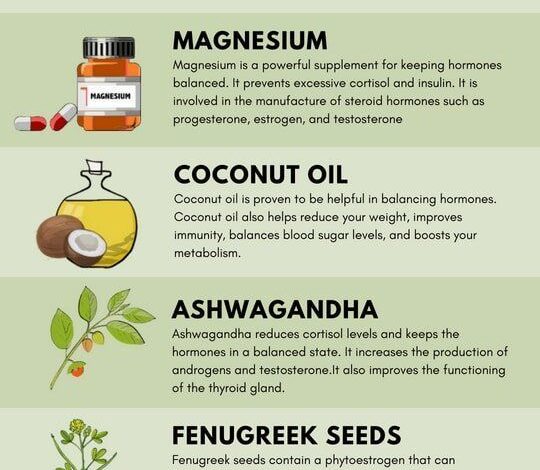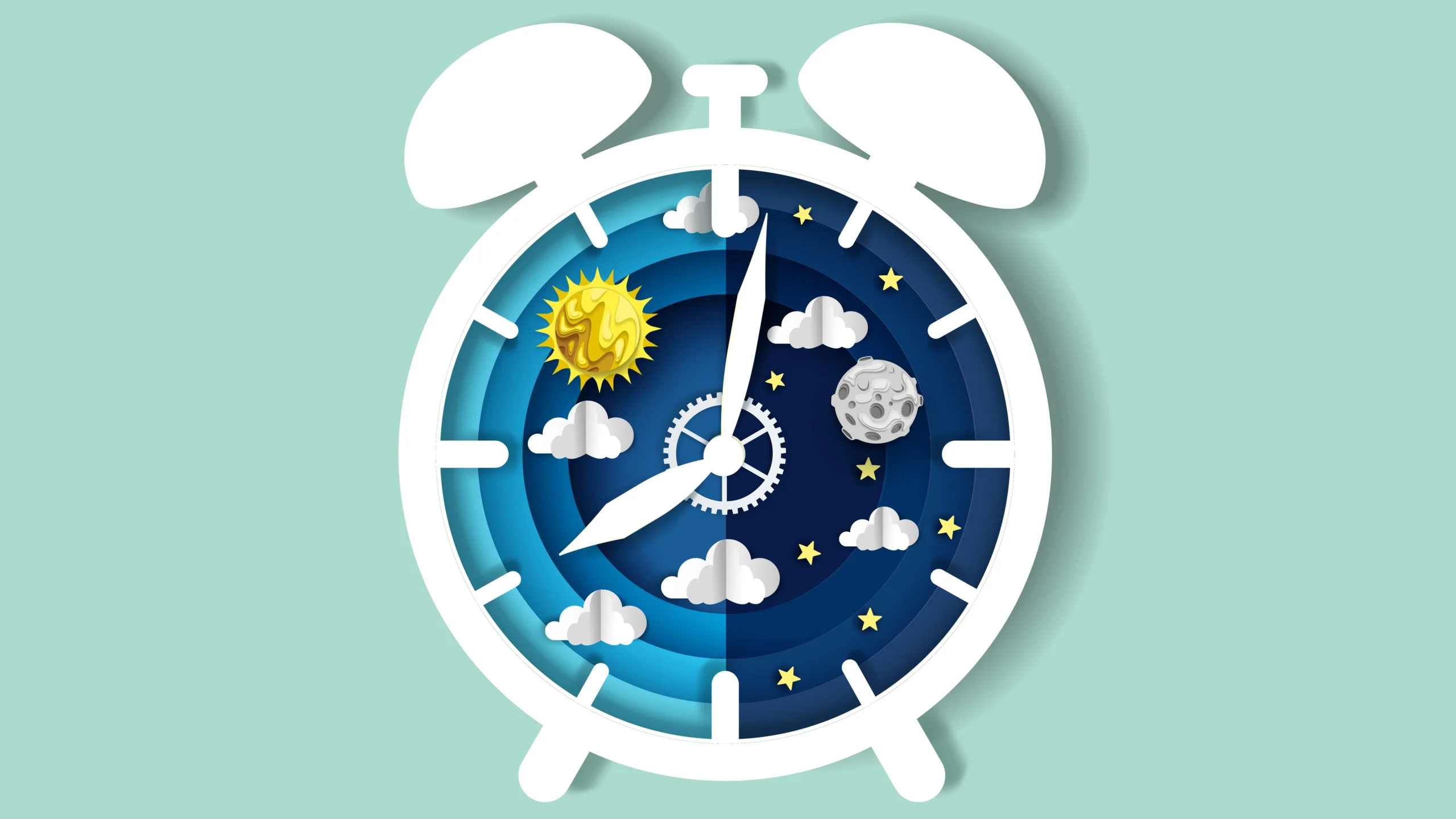Balancing Your Hormones: Natural & Medical Solutions

Understanding Hormonal Health: A Comprehensive Guide to Imbalances & Solutions
Our bodies are intricate systems, and at the heart of many bodily functions lie our hormones. These chemical messengers regulate everything from mood and metabolism to reproduction and sleep. When these hormonal balances are disrupted – when we experience a hormonal imbalance – it can lead to a wide range of uncomfortable and even debilitating symptoms. This post will delve into the world of hormonal health, exploring what causes imbalances, recognizing common symptoms, and outlining both natural and medical solutions for restoring harmony.
What Are Hormones and Why Do They Matter?
Hormones are produced by endocrine glands – think thyroid, pituitary gland, ovaries (in women), testes (in men) – and travel through the bloodstream to reach various organs and tissues. They act like tiny messengers, telling these organs what to do. Key hormones include:
- Estrogen: Crucial for female development and reproductive health; also plays a role in mood and bone health.
- Progesterone: Involved in the menstrual cycle and pregnancy.
- Testosterone: Primarily associated with male characteristics, but present in both men and women, impacting muscle mass, bone density, and libido.
- Cortisol: The “stress hormone,” regulating stress response, metabolism, and inflammation.
- Insulin: Regulates blood sugar levels.
- Thyroid Hormones (T3 & T4): Govern metabolism and energy levels.
The delicate balance between these hormones is essential for overall well-being. Even slight shifts can trigger noticeable effects.
Identifying Hormonal Imbalances: Common Symptoms
Hormonal imbalances don’t present with a single, definitive symptom. Instead, they manifest in a diverse array of ways, often making diagnosis challenging. The specific symptoms depend on which hormones are out of whack and the severity of the imbalance.
Here’s a breakdown of common symptoms associated with various hormonal issues:

- Women: Irregular periods (missed, heavy, or very light bleeding), painful periods, PMS worsening significantly, difficulty getting pregnant, hot flashes and night sweats, vaginal dryness, mood swings, anxiety, depression, fatigue, weight gain, hair thinning.
- Men: Erectile dysfunction, decreased libido, muscle weakness, loss of body hair, fatigue, mood changes, breast enlargement (gynecomastia), difficulty concentrating.
- Both Men & Women: Fatigue, unexplained weight fluctuations, sleep disturbances, digestive issues, skin problems (acne, dryness), anxiety and depression, headaches.
It’s important to note that many of these symptoms can be attributed to other conditions. Therefore, it’s crucial to consult a healthcare professional for proper diagnosis.
Causes of Hormonal Imbalances
Several factors can contribute to hormonal imbalances:
- Age: As we age, hormone production naturally declines. Menopause in women and the gradual decline in testosterone levels in men are prime examples.
- Stress: Chronic stress elevates cortisol levels, which can disrupt other hormonal balances.
- Poor Diet & Lifestyle: A diet lacking essential nutrients or high in processed foods can negatively impact hormone production. Lack of sleep also plays a significant role.
- Medical Conditions: Certain conditions like thyroid disorders (hypothyroidism or hyperthyroidism), polycystic ovary syndrome (PCOS), and diabetes can cause hormonal imbalances.
- Medications: Some medications, including birth control pills, antidepressants, and corticosteroids, can affect hormone levels.
- Endocrine Disruptors: Exposure to chemicals found in plastics, pesticides, and personal care products can interfere with hormone function.
Natural Solutions for Restoring Hormonal Balance
While medical interventions are sometimes necessary, many individuals find relief through natural approaches. These strategies focus on supporting the body’s innate ability to regulate hormones:
- Dietary Changes: Focus on whole, unprocessed foods rich in nutrients. Include plenty of fruits, vegetables, lean protein, and healthy fats (like avocados, nuts, and olive oil). Reduce sugar, processed foods, and refined carbohydrates.
- Stress Management: Incorporate stress-reducing techniques like yoga, meditation, deep breathing exercises, or spending time in nature.
- Adequate Sleep: Aim for 7-9 hours of quality sleep each night. Sleep deprivation can significantly disrupt hormone production.
- Regular Exercise: Moderate exercise can help regulate hormones and improve overall health. However, avoid overtraining as it can stress the body and worsen imbalances.
- Nutrient Support: Certain nutrients play a crucial role in hormone synthesis. Consider incorporating these into your diet or through supplementation (always consult with a healthcare professional before starting any supplements):
- Magnesium: Supports adrenal function and helps manage cortisol levels.
- Vitamin D: Important for mood regulation and overall hormonal health.
- Omega-3 Fatty Acids: Help reduce inflammation and support hormone production.
- B Vitamins: Essential for various metabolic processes involved in hormone synthesis.
- Limit Exposure to Endocrine Disruptors: Choose BPA-free plastics, organic produce when possible, and natural personal care products.
Medical Solutions & Treatments
When natural approaches aren’t sufficient or the imbalance is severe, medical intervention may be necessary. Treatment options vary depending on the specific hormone involved and the underlying cause:
- Hormone Replacement Therapy (HRT): Often prescribed for women experiencing menopause to alleviate symptoms like hot flashes and vaginal dryness.
- Medications: Specific medications can address hormonal imbalances caused by medical conditions, such as thyroid medication for hypothyroidism or insulin for diabetes.
- Birth Control Pills: Can regulate menstrual cycles and manage PCOS symptoms in women.
- Testosterone Replacement Therapy (TRT): Used to treat low testosterone levels in men.
- Surgery: In some cases, surgery may be necessary to remove tumors or address other underlying conditions causing hormonal imbalances.
The Importance of Professional Guidance
Navigating hormonal health can be complex. It’s crucial to seek professional guidance from a healthcare provider – whether that’s your primary care physician, an endocrinologist (a hormone specialist), or a naturopathic doctor – for accurate diagnosis and personalized treatment plans. They can perform blood tests to assess hormone levels and recommend the most appropriate course of action based on your individual needs.
Disclaimer: This blog post is intended for informational purposes only and does not constitute medical advice. Always consult with a qualified healthcare professional before making any decisions related to your health or treatment.



